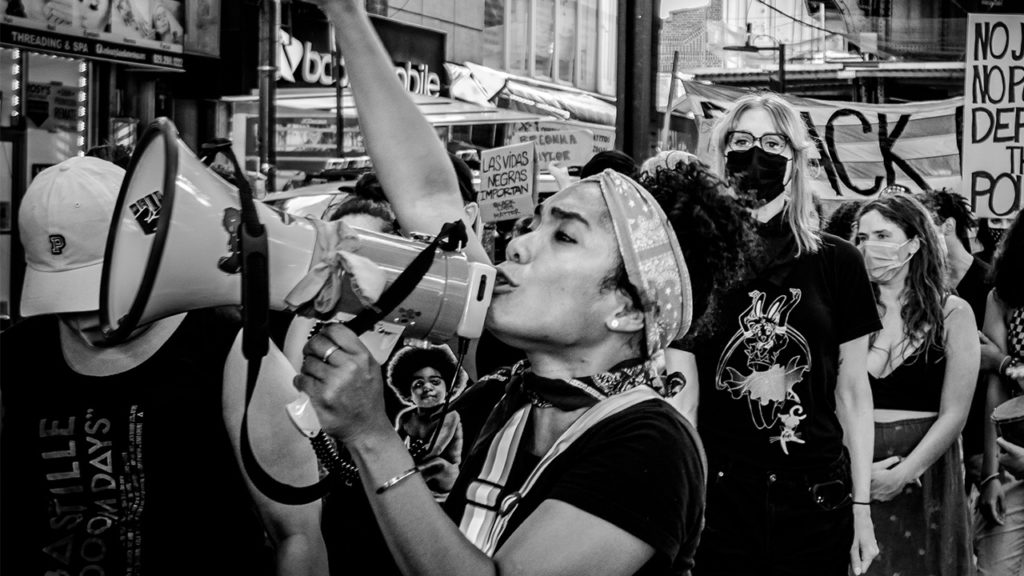Consumers increasingly expect brands to take a stand on social causes that are important to them, a phenomenon inspiring many companies to embrace content that encourages transparent conversation around important movements over content that simply delights.
Kantar’s latest study set out to understand how brands can respond to this shift by conducting contextual research on consumers’ personal values. Using artificial intelligence analytics tools, the firm identified five ways marketers can engage consumers through social justice awareness and action.
First, brands must have brave conversations. Kantar examined 17 personal values including improvement, fairness, equality and energy, and observed an increase in consumer conversations around bravery in the context of racism, community and family. Brands that aren’t afraid to speak out include Nike for its anti-racist “For Once Don’t Do It” campaign, which amassed over 5 million views, and Ben & Jerry’s for publishing bold statements such as “We must dismantle white supremacy.”
Next, brands should support black- and minority-owned businesses. Kantar studied 15 actions including donations, boycotts and employee support, and noticed the common theme in consumer conversations here is how brands can make it easy to help and contribute to small businesses. UberEats, for example, launched an initiative in June 2020 that waived delivery fees for black-owned restaurants.
Consumers also want brands to play a role in bringing about peace, equality and justice. For brands, this means investing in diversity and donations. A notable example of a brand meeting this demand is Google. As Kantar notes, the tech giant recently named Jewel Burks Solomon as head of Google for Startups and pledged $5 million to BlackTech founders through its startups program.
Similarly, Kantar found an increase in online conversations about Nike’s backing of Colin Kaepernick. As a result, consumers linked Nike products “positively to the support and energy embodied by the brand.”
According to Kantar, to successfully pursue positive change around social justice awareness, a brand must: hold everyone at every level accountable, be bold and authentic in their voice, implement internal practices that match external messaging, commit human and financial resources and be brave enough to pave the way without a how-to guide.
A good starting point is to lead with a desire to understand cultural trends and changing consumer needs, as well as utilize data to understand the nature and impact of their online conversations and values. Only by listening and acting on this information will brands form a deeper connection with their audience.

